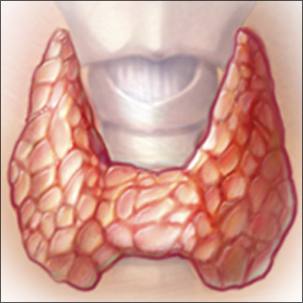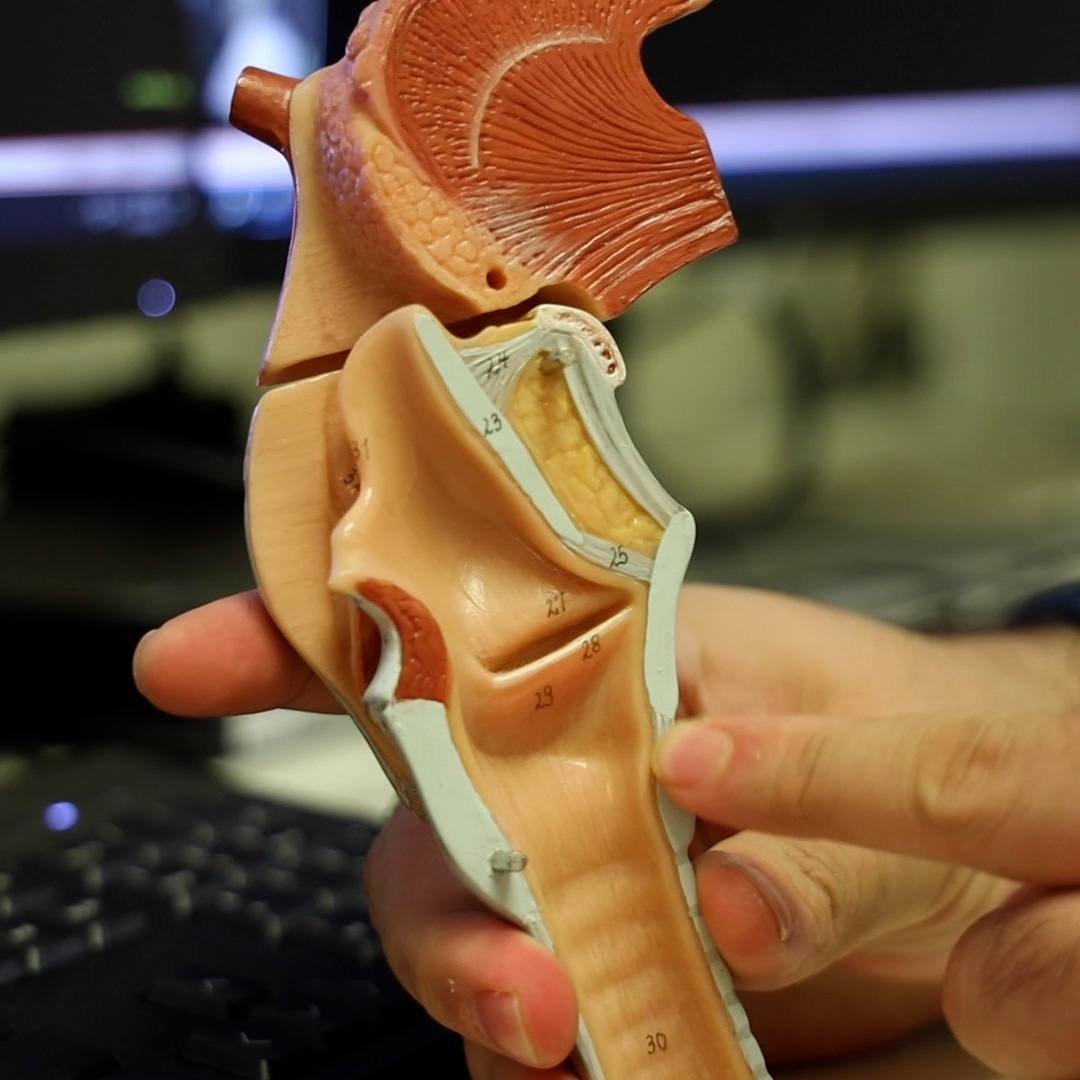Graves' disease is an autoimmune disorder that triggers the thyroid gland to produce more thyroid hormones than the body needs. It's the most common cause of hyperthyroidism, or an overactive thyroid.
Dr. Marius Stan, a Mayo Clinic endocrinologist, has more on this thyroid disorder.
Editor's note: January is National Thyroid Disease Awareness Month.
Journalists: Broadcast-quality video pkg (1:05) is in the downloads at the end of this post. Please courtesy: "Mayo Clinic News Network." Read the script.
"Thyroid, and mainly thyroid hormones, are the gas pedal, if you will, for the body," says Dr. Stan.
"And as we're pushing that gas pedal, metabolism accelerates, our heart rate beats faster, we feel hot, we can't rest, we can't sleep," he says.
Other symptoms of Graves' disease may include anxiety, weight loss, heat sensitivity and bulging eyes.
"It's a situation of an overactive thyroid that is caused by antibodies that we unfortunately produce that end up really whipping the thyroid into an overactive state," he says.

The thyroid gland is located at the base of the neck, just below the Adam's apple.
Medications are often the first line of treatment. When that doesn't work, surgery or radioactive iodine to destroy the thyroid tissue may be an option.
Dr. Stan is leading several clinical research trials targeting the disorder.
"I'm quite optimistic, looking at some of the early results of our trials, that there will be major benefits for patients in the coming years," he says.
When to see a doctor
Graves' disease, the most common cause of hyperthyroidism, is more common among women and in people younger than age 40.
If you experience unintentional weight loss, a rapid heartbeat, unusual sweating, swelling at the base of your neck, or other signs of hyperthyroidism, schedule an appointment with your healthcare professional. Make sure to communicate all observed symptoms, including minor ones, during your appointment.
Related posts:
- Sharing Mayo Clinic: An eye on the future
- Mayo Clinic Q and A: Women and thyroid disease
- Mayo Clinic Minute: Treating thyroid nodules without surgery
Related Articles







